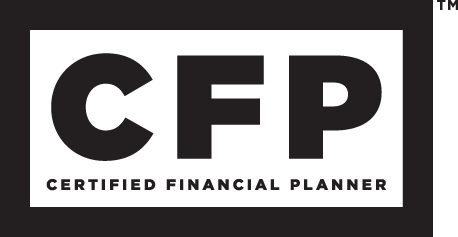The way in which a financial professional is compensated raises the question of whether they have your best interests in mind. You can judge for yourself by simply looking at the following three dominant models of compensation:
Commissions
An advisor who is compensated solely through commissions faces a conflict of interest between the interests of the client and the financial professional dispensing the advice. A client looking for unbiased advice cannot be sure that the investment they purchased was truly in their best interest or was the most profitable product for the advisor. Clients must make an informed decision before engaging an advisor who is compensated solely by commissions. Many may be well intended, but by virtue of their employment and/or the manner in which they are compensated to dispense advice (i.e. commissions), the potential for conflict remains constant.
Fee-Based Compensation
This form is often confused with Fee-Only, but they are distinctly different. Fee-Based advisors earn part of their compensation from fees paid by the client. But, they may also receive commissions from products they are licensed to sell, thereby creating the potential for conflict between the interests of the client and the lure of heightened compensation.
Fee-Only Compensation
This model minimizes conflicts of interest. A Fee-Only financial advisor only charges for his or her advice and/or ongoing management. No other financial reward is provided by any other institution, which means the advisor does not receive commissions for actions taken on the client’s behalf. Compensation is based on an hourly rate, a percent of assets managed, a flat fee, or a retainer. In essence, Fee-Only financial advisors sell only one thing: their knowledge. Fineberg Wealth Management, LLC is a fee-only registered investment advisor.



